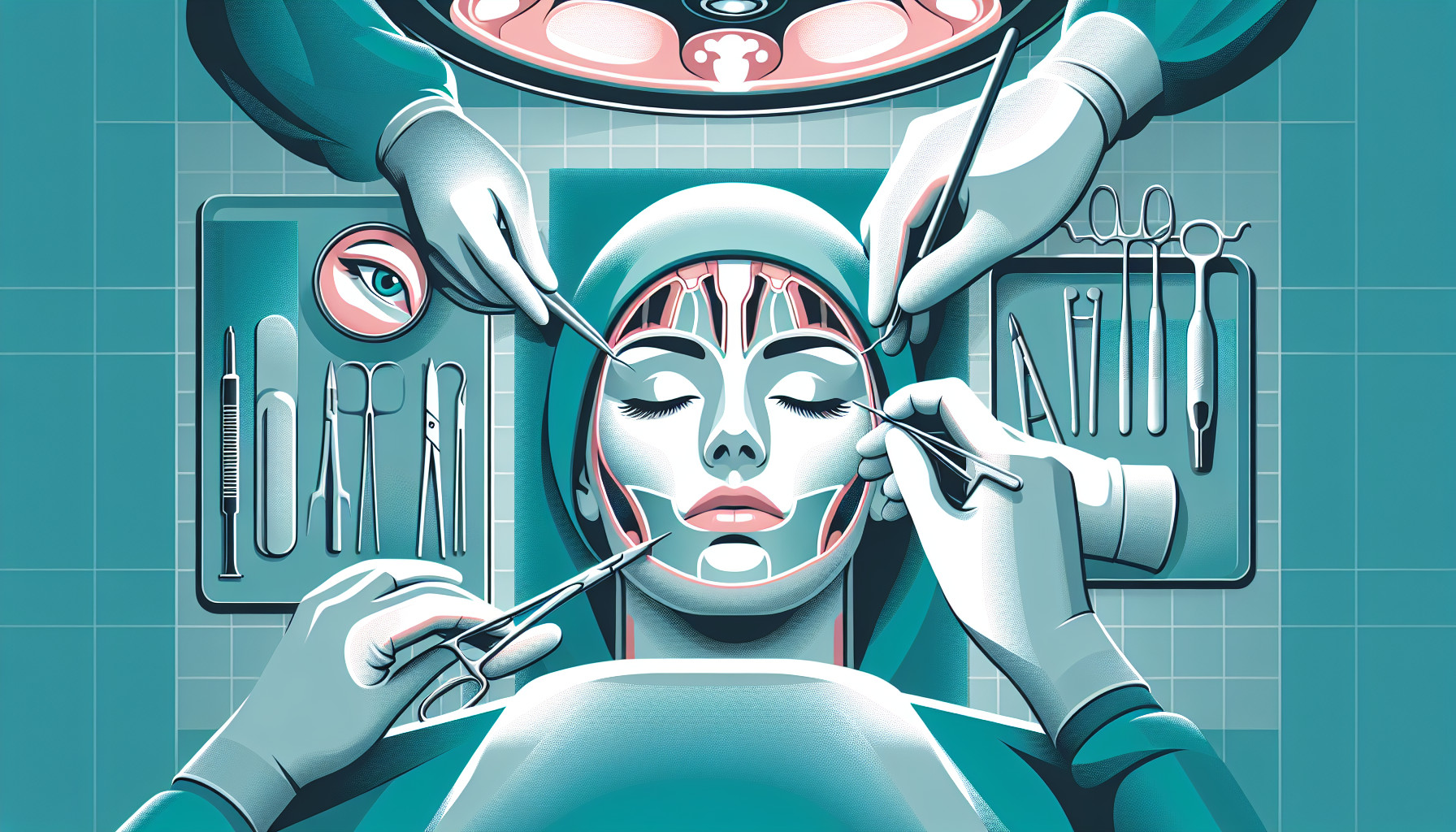Our Summary
This research paper discusses the use of throat packs in orthognathic surgery (surgery to correct conditions of the jaw and face related to structure, growth, sleep apnea, TMJ disorders, etc). Throat packs are used during such surgeries to prevent the patient from swallowing blood, as this can cause nausea and vomiting after the surgery. But, there is a debate on how effective these throat packs actually are.
The researchers looked at studies from several well-known databases and found two relevant experiments that involved 84 patients in total. They studied the stomach contents of these patients and found that throat packs aren’t really effective in stopping blood from being swallowed during surgery.
Furthermore, their analysis showed that using throat packs doesn’t reduce the chances of patients feeling sick after surgery. In fact, patients who had throat packs reported more throat pain post-surgery.
So, based on their review, the researchers conclude that there’s no solid evidence that supports the use of throat packs during orthognathic surgery. They also note that their conclusion is based on a limited number of studies, suggesting more research is needed in this area.
FAQs
- What is the purpose of using throat packs in orthognathic surgery?
- What were the findings of the research concerning the effectiveness of throat packs in preventing blood swallowing during surgery?
- Does the use of throat packs reduce post-surgery sickness or throat pain according to the research?
Doctor’s Tip
A doctor might tell a patient that based on current research, there is no strong evidence supporting the use of throat packs during orthognathic surgery to prevent swallowing blood. Patients should be aware that throat packs may not necessarily reduce the risk of feeling sick after surgery and could potentially cause more throat pain. It is important to discuss any concerns or questions about the use of throat packs with the surgeon before the procedure.
Suitable For
Patients who are typically recommended orthognathic surgery are those with conditions such as:
- Malocclusion (misalignment of the teeth)
- Jaw deformities (overbite, underbite, crossbite)
- Sleep apnea
- Temporomandibular joint (TMJ) disorders
- Facial asymmetry
- Difficulty chewing or speaking due to jaw misalignment
Orthognathic surgery is usually recommended when more conservative treatments, such as orthodontics, are not effective in correcting these issues. It is important for patients to consult with a qualified oral and maxillofacial surgeon to determine if orthognathic surgery is the best treatment option for their specific condition.
Timeline
Before orthognathic surgery:
- Initial consultation with an orthodontist and oral and maxillofacial surgeon to discuss treatment options and create a treatment plan.
- Pre-surgical orthodontic treatment to align the teeth and prepare the jaws for surgery.
- Pre-surgical evaluations and tests, such as X-rays, CT scans, and dental impressions.
- Pre-operative instructions on diet, medication, and post-operative care.
- Day of surgery preparation, including fasting and anesthesia administration.
After orthognathic surgery:
- Immediate recovery in the hospital or surgical facility under the care of medical professionals.
- Pain management and monitoring of vital signs.
- Discharge from the hospital with post-operative instructions on diet, medication, and oral hygiene.
- Follow-up appointments with the surgical team to monitor healing and adjust orthodontic treatment.
- Gradual return to normal activities and diet as healing progresses.
- Final orthodontic adjustments to fine-tune the bite and alignment of the teeth.
- Long-term follow-up care to ensure the success of the surgery and maintain oral health.
What to Ask Your Doctor
Some questions a patient should ask their doctor about orthognathic surgery in light of this research include:
Is a throat pack typically used during orthognathic surgery? If so, what are the reasons for using it?
What are the potential risks or side effects of using a throat pack during surgery, based on the latest research?
Are there alternative methods or strategies to prevent swallowing blood during surgery that could be considered instead of a throat pack?
How common is post-surgery nausea and vomiting in patients who undergo orthognathic surgery, and how does the use of a throat pack potentially impact these symptoms?
Based on the current research findings, what is your opinion on the effectiveness of using a throat pack during orthognathic surgery? Would you recommend using one in my case?
Are there any specific factors in my medical history or condition that may influence the decision to use a throat pack during surgery?
Are there any ongoing studies or developments in this area that may affect the use of throat packs in orthognathic surgery in the future?
Reference
Authors: Saha M, Singh A, Pentapati KC, Gadicherla S, Aramanadka C, Kudva A. Journal: ScientificWorldJournal. 2025 Feb 10;2025:9229475. doi: 10.1155/tswj/9229475. eCollection 2025. PMID: 39963654
